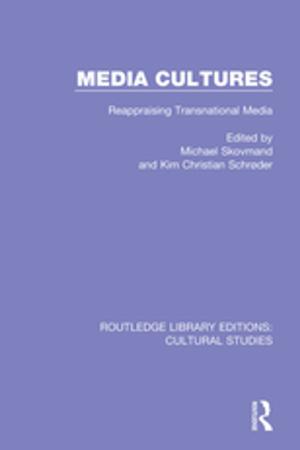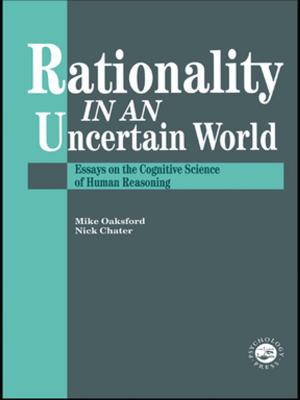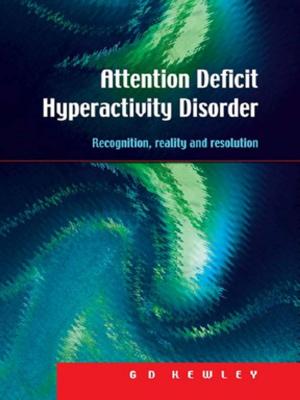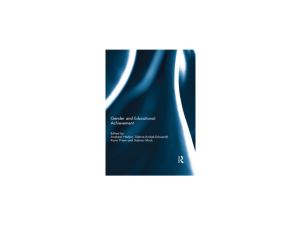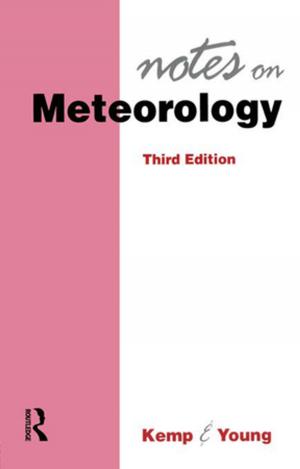Contemporary Perspectives on Reading and Spelling
Nonfiction, Reference & Language, Education & Teaching, Educational Theory, Educational Psychology, Teaching, Teaching Methods| Author: | ISBN: | 9781134004232 | |
| Publisher: | Taylor and Francis | Publication: | September 10, 2009 |
| Imprint: | Routledge | Language: | English |
| Author: | |
| ISBN: | 9781134004232 |
| Publisher: | Taylor and Francis |
| Publication: | September 10, 2009 |
| Imprint: | Routledge |
| Language: | English |
With contributions from leading international researchers, Contemporary Perspectives on Reading and Spelling offers a critique of current thinking on the research literature into reading, reading comprehension and writing. Each paper in this volume provides an account of empirical research that challenges aspects of accepted models and widely accepted theories about reading and spelling.
This book develops the argument for a need to incorporate less widely cited research into popular accounts of written language development and disability, challenging the idea that the development of a universal theory of written language development is attainable. The arguments within the book are explored in three parts:
- overarching debates in reading and spelling
- reading and spelling across languages
- written language difficulties and approaches to teaching.
Opening up the existing debates, and incorporating psychological theory and the politics surrounding the teaching and learning of reading and spelling, this edited collection offers some challenging points for reflection about how the discipline of psychology as a whole approaches the study of written language skills.
Highlighting ground-breaking new perspectives, this book forms essential reading for all researchers and practitioners with a focus on the development of reading and spelling skills.
With contributions from leading international researchers, Contemporary Perspectives on Reading and Spelling offers a critique of current thinking on the research literature into reading, reading comprehension and writing. Each paper in this volume provides an account of empirical research that challenges aspects of accepted models and widely accepted theories about reading and spelling.
This book develops the argument for a need to incorporate less widely cited research into popular accounts of written language development and disability, challenging the idea that the development of a universal theory of written language development is attainable. The arguments within the book are explored in three parts:
- overarching debates in reading and spelling
- reading and spelling across languages
- written language difficulties and approaches to teaching.
Opening up the existing debates, and incorporating psychological theory and the politics surrounding the teaching and learning of reading and spelling, this edited collection offers some challenging points for reflection about how the discipline of psychology as a whole approaches the study of written language skills.
Highlighting ground-breaking new perspectives, this book forms essential reading for all researchers and practitioners with a focus on the development of reading and spelling skills.



